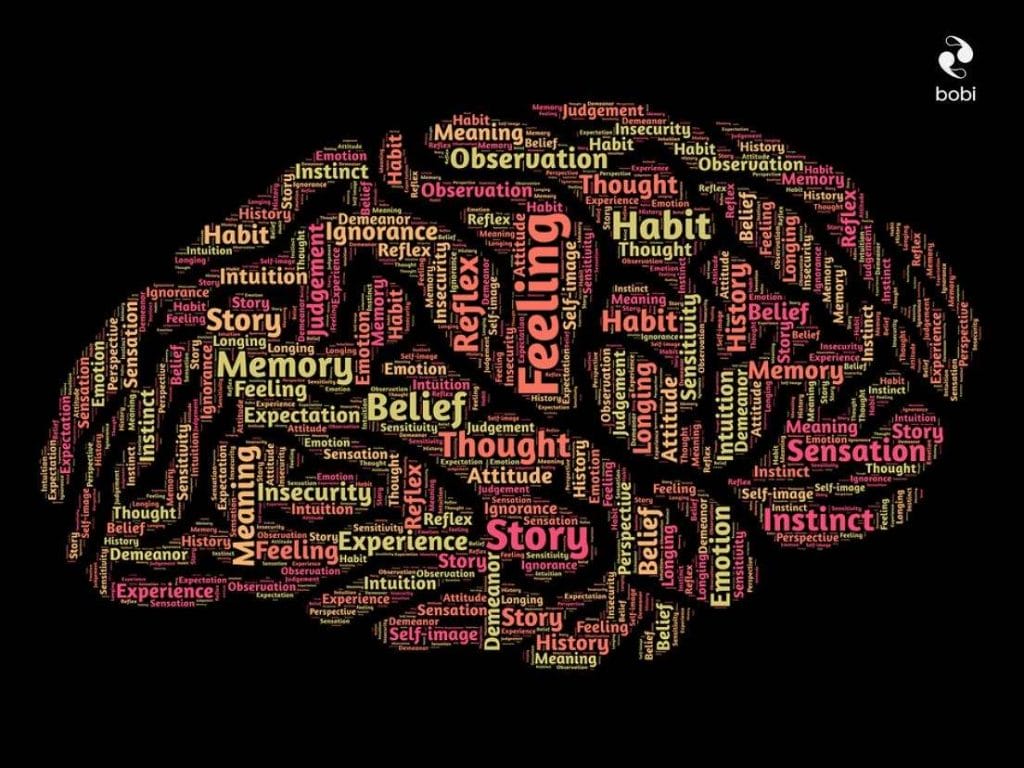
When your grandma forgets where she puts the scarf she was knitting, and your grandpa asks the same question again and again, this diminished cognitive activity is generally linked to declines associated with aging. Cognitive decline, sometimes defined as simply as the loss of memory or reduced ‘sharpness of thought’, has a fascinating relationship with BDNF (Brain-Derived Neurotrophic Factor), a protein that has the power to starve off neurological deterioration. According to recent research, you can now preserve your keen memory with the power of BDNF benefits.
BDNF is a powerful brain protein that serves as a pervasive determinant of how well we’re going to age and how well we maintain our cognitive functioning.
In simple words, BDNF can be viewed as a crucial determinant in how well each of us function as we age from a cognitive perspective. In this blog post, we’ll explore the complexities of this keystone of mental health and identify how to harness its potential by altering some lifestyle preferences. Maintaining the functional regulation of the BDNF system is vital to healthy aging.
To keep your brain functioning properly and feeling your best, understanding BDNF and its benefits can make all the difference in your mental and physical health journey. So, let’s first get into what BDNF is, its function, and its overall importance.
Brain-derived neurotrophic factor, commonly known as BDNF, is a crucial protein found in the brain and nerves. It is a vital part of the neurotrophins family of growth components. According to many experts, BDNF is considered a “fertilizer” or a “miracle-growth peptide” for the brain. BDNF functions to boost the development of new nerve cells and synapses (a system through which signal transmission is sent from one nerve cell to the next) and protect preexisting healthy nerve cells. The development of new nerve cells is known as ‘brain plasticity‘. Brain plasticity is the brain’s ability to change and adapt due to experience.
Therefore, with our declining age, we need to maintain our brain plasticity for the healthy, proper functioning of the brain. Crucially, BDNF ensures the protection from neurodegenerative issues like Parkinson’s Disease or Alzheimer’s Disease. BDNF is also known to be associated with mental health conditions, most notably depression. More specifically, low levels of BDNF are associated with major depressive disorder.
BDNF is not just a molecule. Rather, it’s a vital ingredient responsible for sustaining brain persistence and overall well-being. BDNF acts like a molecular fertilizer, helping neurons flourish and protecting them against degeneration. It’s one of our best molecular bets for living a long, cognitive-rich life.
These power-packed proteins not only ensure that there will be no premature death of neurons. But they also boost the brain’s potential to heal from damage. Moreover, it makes the brain adaptable to new surroundings or information by utilizing a process called neuroplasticity.
The impact of BDNF benefits is not just limited to protection, but it expands to neurogenesis, a process whereby new neurons are formed in the brain. When BDNF levels are high, you experience enhanced brain activity as you learn things effortlessly, and you can retain memories and new skills during that time. On the other hand, when the BDNF levels are low, it results in different psychiatric and neurological issues such as schizophrenia, depression, and Alzheimer’s disease. Low levels of BDNF have particularly negative consequences for our moods and general functioning.
A considerable body of research now supports the premise that BDNF significantly affects our cognitive abilities. This is worth repeating: There’s a clear link between BDNF and cognitive functioning. To ensure neuronal survival and growth, it is crucial to acknowledge this connection.

As noted, BDNF has a notable impact on our memory and learning as it impacts our brain’s potential to change and adapt through ‘neuroplasticity’. This system serves as an essential pillar for learning, memory, and behavior. Consequently, BDNF affects sleep patterns, mood, eating habits, and even appetite. Neuroplasticity is directly relational to the production of BDNF.
Moreover, BDNF benefits play an important role in building synaptic plasticity. Synaptic plasticity is required to process difficult information and encrypt new memories, allowing the brain to stock and recover information conveniently. Such profound changes in the brain highlight how broadly BDNF impacts our capability to learn consistently and effectively throughout our lives.
Within the context of aging, BDNF assumes a moderating role for neurodegenerative conditions. Numerous studies indicate that increased levels of BDNF improve cognitive ability, such as learning speed and memory maintenance. In the landscape of aging, such improvement is very important because of the natural cognitive mental decline that occurs throughout our later lives.
There are some physical activities and lifestyle habits that can help boost the BDNF levels in your brain. These include differing forms of exercise and/or physical activity.
An inactive lifestyle can have a negative influence on BDNF production and the functioning of the brain. However, exercise is known to have the opposite effect. A proven effective way to increase BDNF levels in the brain is to engage in consistent physical exercise.
There is evidence that aerobic exercises are associated with enhanced production of BDNF, resulting in improved mental well-being and cognitive processing. Furthermore, regular exercise boosts the size of the hippocampus.
High-intensity interval training (HIIT) is an exercise in which short intervals of extreme anaerobic exercises with mild recovery intervals takes place. HIIT is a critical catalyst in regulating cortisol, protecting from high blood pressure, and producing high BDNF levels. Other research has identified that handgrip exercise evokes “significant increases in serum BDNF and platelets”.One study[1] demonstrated that exercise with “as little muscle mass as contained in a forearm can significantly increase circulating BDNF”.
Fatty fish like sardines or salmon, which are rich in Omega-3 fatty acids, are recommended for use because of their potential to produce higher levels of BDNF. A diet rich in these fats ensures the fluidity of cell membranes and fosters the development and restoration of brain cells. Moreover, foods that have flavonoids, like dark chocolates and blueberries, serve the role of competent antioxidants and activate BDNF production.
There’s a close link between mental health and BDNF. Changes in BDNF levels affects our mental health in a great way. Let’s explore how BDNF helps combat stress, anxiety, and depression.
When it comes to mental health, BDNF is considered crucial because of its potential to boost the brain’s persistence against anxiety and stress.
Moreover, BDNF benefits make the brain more adaptive and responsive to stressful conditions in an efficient manner with enhanced structural flexibility. Additionally, increased BDNF is believed to reduce a person’s vulnerability to severe stress and anxiety.
According to numerous studies, low levels of BDNF in the brain are directly related to depression. It highlights the critical role BDNF plays in mental well-being and mood adjustment. It is found that lower levels of BDNF manifest themselves in the form of depression in some individuals, especially in certain brain areas that control cognitive processing and emotional regulation. Therefore, to alleviate the symptoms of depression and to boost mood, seeking higher levels of BDNF is considered a potential therapeutic modality.

Although there are many natural ways to boost BDNF production, having a practical solution like bobi represents a crucial step forward in possible interventions. Crucially, rhythmic hand exercise – the precise physical mechanism associated with bobi’s use – has been shown to dramatically increase BDNF production. This simple solution, easily overlooked among the everyday offers of science and technology, has the capacity to positively impact the lives of any person willing to simply engage with bobi. As noted by researchers who studied rhythmic hand exercise and BDNF production: … “It is an exercise modality that is accessible to most populations, requires minimal equipment, and requires considerably less effort than conventional exercise”.
BDNF is a key brain protein that activates the growth of nerve cells and affects our memory and learning. Therefore, having a thorough knowledge of BDNF benefits paves the way for better brain health, cognitive activity, and overall well-being. There are many ways to naturally increase BDNF, including exercise. For long-term benefits, bobi is your secret weapon to embrace a better cognitive future.

Yes, there are medical ways to test BDNF levels. These evaluations may provide a better comprehension of the quantity of BDNF in your blood circulation.
Lifestyle changes are a natural way to influence BDNF levels. Frequent exercise, healthy meals incorporating specific nutrients, and reduced stress are found to be effective in quickly boosting BDNF levels.
[1] https://www.frontiersin.org/journals/physiology/articles/10.3389/fphys.2017.00746/full
Stay updated on what's happening at bobi, and all things breathing, anxiety and mental wellness.